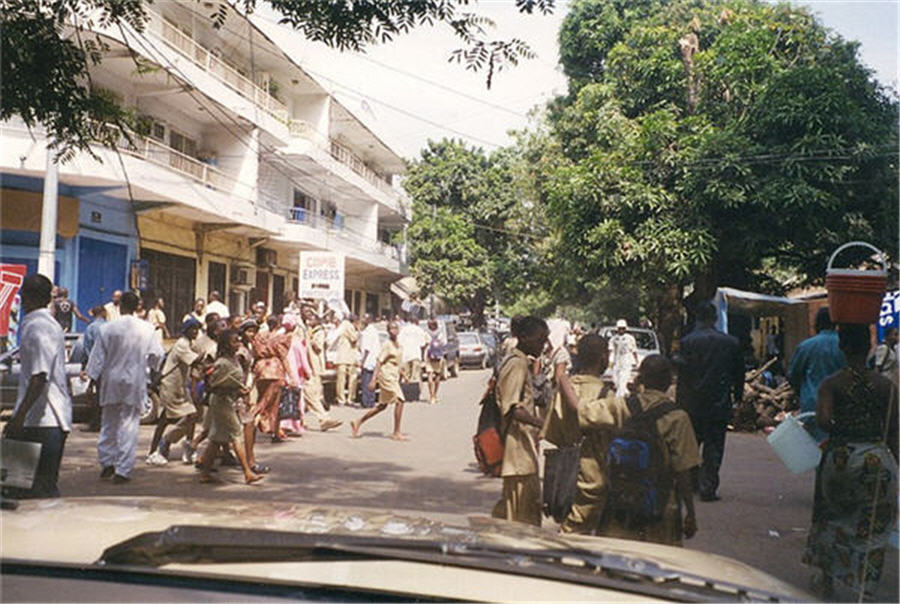Guinea’s bauxite boom upending rural communities

JOHANNESBURG, Oct 4 (Reuters) – As mining companies in Guinea ramp up bauxite production, they are upending rural communities and undermining air and water quality while government authorities fail to rein in abuses, Human Rights Watch (HRW) said in a report on Thursday.
In the past three years, the West African nation, Africa’s biggest producer of the aluminium ore, has seen bauxite output explode, mainly on the back of demand from China.
Despite the growth in economic activity however, Guinea’s bauxite mining heartland has been racked by unrest in recent years, fuelled by the frustrations of the local population.
“The widespread perception among residents of mining-affected communities … is that they have been abandoned by the state to resolve problems with mining companies on their own,” the report stated.
“They have been abandoned by the state to resolve problems with mining companies on their own.”
Guinea’s mines ministry responded to HRW’s findings by stating it had already launched a sweeping audit of the mining sector and companies would be compelled to make improvements where needed.
The report focused on Guinea’s top two bauxite producers, Societe Miniere de Boke (SMB) and Compagnie des Bauxites de Guinee (CBG).
SMB is a consortium of Singapore shipping firm Winning International Group, the world’s top aluminium producer China Hongqiao and Guinea’s UMS International.
“The findings published by HRW highlight some deficiencies which, for the most part, did not escape our attention and for which numerous corrective actions have been taken since 2017,” SMB’s managing director Frederic Bouzigues told Reuters.
Officials with CBG, which is owned by Alcoa, Rio Tinto and Dadco, did not respond to Reuters’ requests for comment.
The Guinean state has minority stakes in both companies.
HRW, which carried out more than 300 interviews in 30 villages, found the companies routinely displaced rural residents from their land to build mines, roads and other infrastructure.
“They’ve expanded into our fields, the areas we depended on for food. And now much of our fertile land has been taken from us,” said a community leader from a village surrounded by five CBG mines.
“They’ve expanded into our fields, the areas we depended on for food. And now much of our fertile land has been taken from us.”
Most rural Guineans recognise traditional land rights and few have legally registered ownership of their property. Mining companies therefore often maintain that rural lands are the property of the state, HRW said.
“This interpretation allows companies to acquire land without the informed consent of rural farmers or without providing adequate compensation,” the report said.
According to the report, CBG altered its compensation policy earlier this year and told HRW it now offered replacement land to those displaced by mining activities.
Villagers meanwhile told the rights group that SMB’s one-off cash payments were not sufficient compensation for their land.
Water table levels and the quality of available water were also negatively affected by mining, residents said.
“I don’t think humans can coexist with the mine.”
And while the companies said they made efforts to limit the amount of dust kicked up by mining activities, many villagers complained that fine particles filled the air, coating crops and raising fears of respiratory illnesses.
“I don’t think humans can coexist with the mine,” one health worker serving villages where SMB operates told a HRW researcher.
(By Joe Bavier; Additional reporting by Saliou Samb; Editing by Matthew Mpoke Bigg)
More News
{{ commodity.name }}
{{ post.title }}
{{ post.date }}




Comments